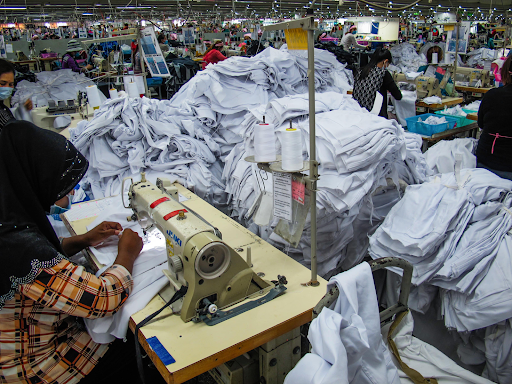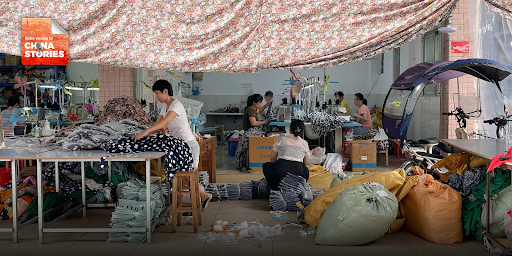The rise of ‘ultra’ fast fashion brand Shein electrified the Western world with its super cheap, fast and on-trend clothing items. But behind the brand facade lies a sinister reality underpinning their shady labour practices. The feminisation of labour in the garment industry and the inherent patriarchal power dynamics in developing countries where most production is offshored creates a reality where women are faced with verbal, physical and sexual abuse.

Sustainability is underpinned by three pillars: environmental, social and economic. This article will touch on social sustainability - the proactive management of business impacts on employees, workers in the supply chain and production line, customers and greater society. Social sustainability is becoming more important as poverty rates, exploitation of labour and gender violence increasingly emerges.
As Covid-19 shut down cities and forced people from working for a few months, many fast fashion clothing retailers halted orders, refused to pay for already-made orders, and demanded steeper discounts. The pressures resulting from this were felt hardest by the garment workers - predominantly female workers who are paid as little as 2-6 cents per piece - well below a liveable wage. Factories are often owned and managed by men, creating a disproportionate power dynamic that reinforces gender inequality. The effects of being severely underpaid follow these women home into their personal lives. Low wages leaves many women stranded in poverty, and with nowhere left to go they remain longer in abusive relationships for fear of being homeless. The Asia Floor Wage Alliance (AFWA) terms this the garment industrial trauma complex.
This situation is enabled by gender dynamics, however these incidents can’t be separated from the purchasing practices of businesses. The pursuit of low production costs enables an unethical cycle reminiscent of colonialism where the West exploits the rest and developing countries suffer for our convenience. Choosing ethical supply chains have greater impacts on businesses than just morality - many consumers are now being informed on these practices and actively boycotting brands that do not align with their values.
In an era where consumers are projecting their personal values on the brands they purchase from, businesses need to align with sustainable practices. Consumers find value in businesses that make the effort to authentically implement sustainable practices, making sustainability a viable business strategy for long term growth.

This article is informed by the report by the AFWA titled, “A Stitch In Time”. The full report goes more in depth into the reality that garment workers face, and can be read here. (https://asia.floorwage.org/covid/a-stitch-in-time-saved-none-how-fashion-brands-fuelled-violence-beyond-the-factory/)
